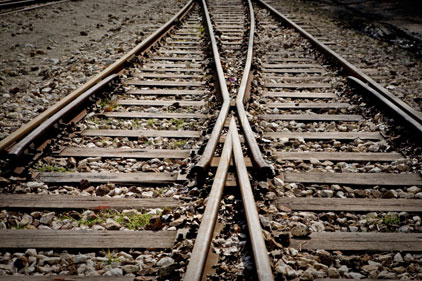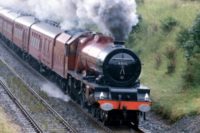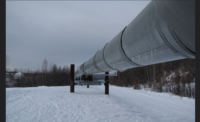Oil & gas industry critical of new rail safety rules

The American Petroleum Institute (API) said it will be carefully examining new regulations for the shipment of flammable liquids by rail, but it is already critical of one of the provisions -- a requirement for electronically controlled pneumatic (ECP) brakes.
“The safety impact of ECP brakes is marginal at best,” said API President and CEO Jack Gerard. “It is concerning that regulators did not select one of several alternative braking technologies that have much clearer benefits for safety.”
The rule, which was released late last week by the U.S. Department of Transportation:
- Unveils a new tank car standard and a, risk-based retrofitting schedule for older tank cars carrying crude oil and ethanol;
- Requires a new braking standard for certain trains that will offer a superior level of safety by potentially reducing the severity of an accident, and the “pile-up effect”;
- Designates new operational protocols for trains transporting large volumes of flammable liquids, such as routing requirements, speed restrictions, and information for local government agencies; and
- Provides new sampling and testing requirements to improve classification of energy products placed into transport.
Gerard says the API supports upgrades to the tank car fleet, but the railcar manufacturing industry does not have the shop capacity to meet the retrofit timeline in the rule. He predicted that will lead to shortages that will impact consumers and the economy.
The API also noted the importance of harmony between the U.S. and Canadian regulations. Because the two countries’ rail networks are closely integrated, any areas of disagreement could disrupt the flow of every commodity and good shipped by rail in North America.
“As we review these rules, the key question is whether science and data show each change will make a meaningful improvement to safety,” said Gerard.
Safety advocates have criticized the rule because it does not set a standard for volatility and so fails to address the dangers of the high-volatility Bakken crude oil that has been involved in a number of deadly railway accidents involving explosions.
Looking for a reprint of this article?
From high-res PDFs to custom plaques, order your copy today!





